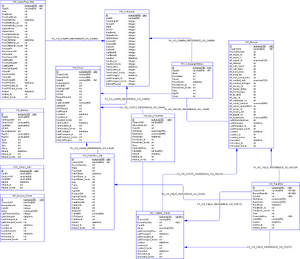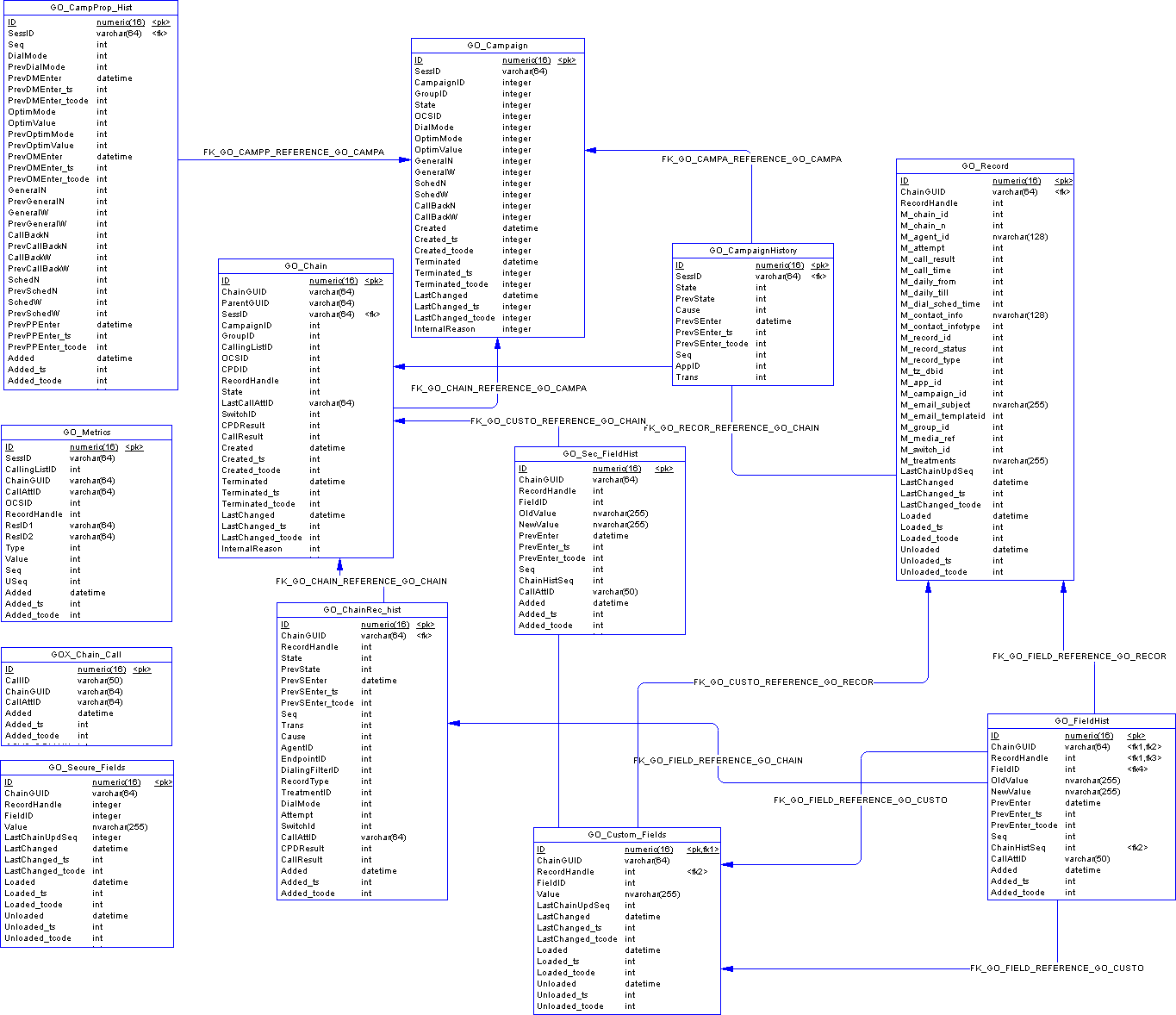m (1 revision imported: Some parameters changed for consistent camelCase usage) |
|||
| Line 1: | Line 1: | ||
= Interaction Subject Area= | = Interaction Subject Area= | ||
| − | |||
{{PDMs_SubjectArea | {{PDMs_SubjectArea | ||
|subjectArea = Interaction | |subjectArea = Interaction | ||
| Line 10: | Line 9: | ||
|diagram = Ou_data_model_full.png | |diagram = Ou_data_model_full.png | ||
}} | }} | ||
| − | |||
A diagram like this is too big to display full size to begin with: | A diagram like this is too big to display full size to begin with: | ||
Revision as of 14:48, May 6, 2016
Interaction Subject Area
This subject area represents interactions from the perspective of a customer experience.
Note: In 7.x releases, this subject area included voice and multimedia extension tables (VOICE_IXN_FACT_EXT and MMEDIA_IXN_FACT_EXT), which are now replaced with fields within the INTERACTION_FACT table.

Interaction Subject Area View Large
Subject Area Dimensional Model Tables
| Table/View | Description |
|---|---|
| DATE_TIME | Allows facts to be described by attributes of a calendar date and 15-minute interval. |
| INTERACTION_DESCRIPTOR | Allows interaction facts to be described by deployment-specific business attributes that characterize the interaction, such as service type and customer segment. |
| INTERACTION_FACT | Represents interactions from the perspective of a customer experience. |
| INTERACTION_TYPE | Allows facts to be described based on interaction type, such as Inbound, Outbound or Internal. |
| MEDIA_TYPE | Allows facts to be described based on media type, such as Voice. |
| REQUESTED_SKILL | Allows facts to be described based on a combination of requested skills and minimum skill proficiencies. |
| REQUESTED_SKILL_COMBINATION | Allows facts to be described by a single string field that represents the full combination of requested skills and proficiencies. |
A diagram like this is too big to display full size to begin with:
Comments or questions about this documentation? Contact us for support!

